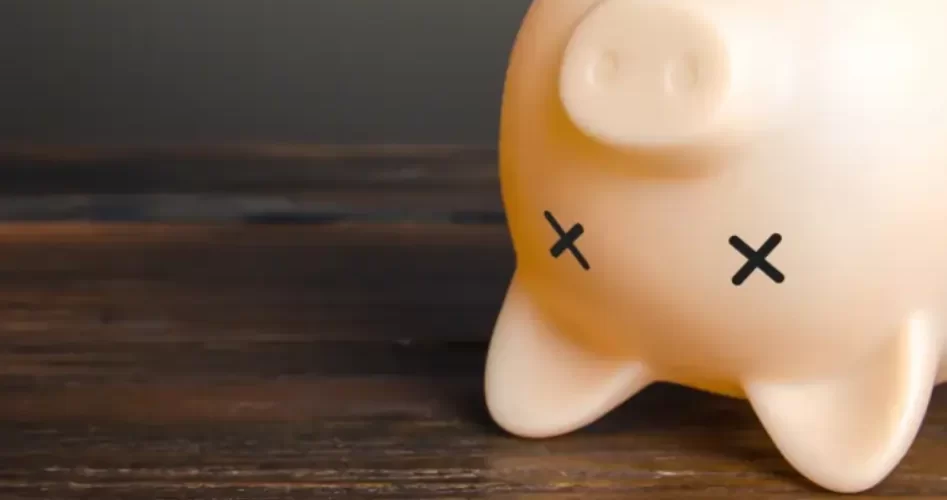When you open a bank account, you should think about who you want to keep the money in it when you die, otherwise you definitely won’t like the way it will be used.
For many people, having a bank account is as commonplace as the clothes on their backs. In their day-to-day lives, they perform a myriad of transactions in which their debit card, checkbook or bank app are the stars of their financial lives. Their use is so commonplace that we lose sight of the fact that they hold the funds of our lifetime of effort and that we are not eternal. Therefore, we will answer what happens to your bank account when you die and if someone in particular, a relative or acquaintance, keeps it after your death,
There are different types of bank accounts, with their own characteristics that could define who gets it when you die. In general, there are two things to consider: whether you have a joint bank account or a personal account with designated beneficiaries.
Many married couples in the United States agree to open a joint bank account to keep all the funds the couple generates in one place. These financial tools are not exclusive to newlyweds; anyone can open a joint bank account with a family member or acquaintance, as long as you both agree and initiate the opening of the account. In fact, you can open a joint account with more than two account holders, depending on the bank.
From the contract, it is contemplated that any of the owners can access the money that is in this account, regardless of who has deposited more cash. For the bank, the important thing is to know who the owners are, not the use they make of it.
If you have an account with your spouse or someone else and you die, that account will generally become the property of that co-owner. The same would be true the other way around with you, if the other person is the one who dies.
On the other hand, when you open a personal bank account, it is important to designate a beneficiary. Generally, that person will be the only one entitled to receive the money in your account, even if you do not have a will.
However, even with a designated beneficiary on your bank account, it is likely that you will have to go through probate. Probate is a legal process in which a deceased person’s assets are reviewed and divided accordingly.
In some cases, having a will may allow you to avoid probate. But even if not, it will be clear to whom the money in your bank account should be given.
What happens to your account when you don’t have a spouse, children or other relatives? If you die and did not designate a beneficiary or do not have a will, and after a probate process, the money in that account will probably become the property of the state in which you live. Remember that the beneficiary or heir to your account may not necessarily be a relative.

